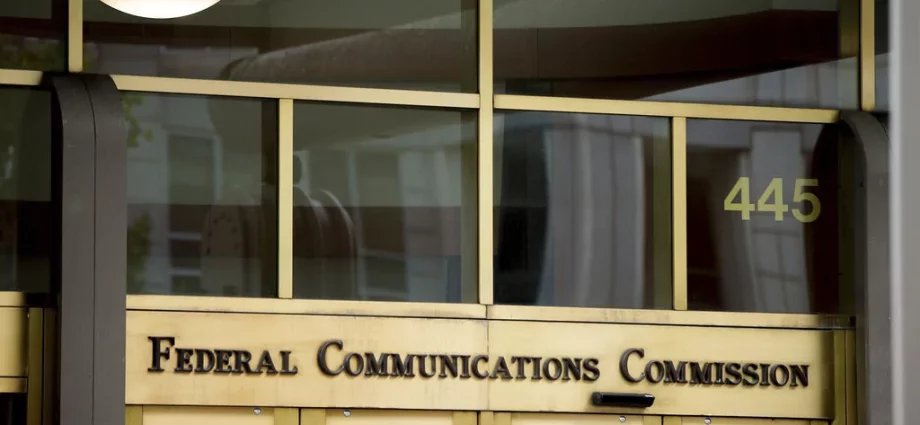The Supreme Court appeared unlikely to strike down a major federal funding mechanism used by the Federal Communications Commission. During oral arguments Wednesday, the justices signaled their reluctance to deliver a broad ruling that could severely limit the power of federal agencies.
At issue is the FCC’s Universal Service Fund, a $9 billion-a-year program that helps provide broadband and phone service to low-income households, rural communities, and schools. The program is funded by fees collected from telecommunications companies, costs that are often passed on to consumers.
A coalition led by the conservative group Consumers’ Research argued that the FCC’s system amounted to “taxation without representation,” violating the Constitution by letting the agency — and a private company it works with — raise and spend money without clear authorization from Congress.
Throughout the nearly three-hour oral arguments, several justices on both sides of the ideological spectrum expressed concern that siding with the challengers could threaten similar funding setups at other agencies, such as the Federal Reserve and the Federal Deposit Insurance Corporation.
“This statute has plenty in it that imposes limits on what the FCC is doing,” Justice Elena Kagan, one of three Democratic-appointed court members, told attorney Trent McCotter, who argued that Congress had placed too few constraints on the agency’s power.
The consolidated cases heard by the justices on Wednesday tap into a larger effort by conservative legal advocates to revive the non-delegation doctrine — the idea that Congress cannot hand over its core legislative powers to unelected regulators or private actors. The Supreme Court hasn’t used that principle to strike down a law since the 1930s, but some justices, including Neil Gorsuch, Clarence Thomas, and Samuel Alito, have shown interest in revisiting it.
Still, other conservative members, including Justice Brett Kavanaugh, questioned what they would be achieving if they required Congress to impose caps on the funds the FCC could raise.
The cap “could be very high,” Kavanaugh said. “And then the question is, what exactly are we accomplishing?”
The Supreme Court has curbed the actions of federal regulatory agencies in a series of decisions in recent years, though none of those cases involved the non-delegation doctrine.
While some legal scholars had predicted the FCC case might mark a turning point in the decadeslong trend of avoiding using the non-delegation doctrine, the high court appeared more focused on preserving institutional stability than delivering a landmark ruling.
SENATORS REVIVE BID FOR TV CAMERAS AT THE SUPREME COURT
“The combination of Congress’s sweeping delegation to FCC and FCC’s unauthorized subdelegation” may raise constitutional concerns, the U.S. Court of Appeals for the Fifth Circuit previously ruled, but a majority of the justices seemed wary of going that far.
The Supreme Court is expected to issue a decision by the end of June.


